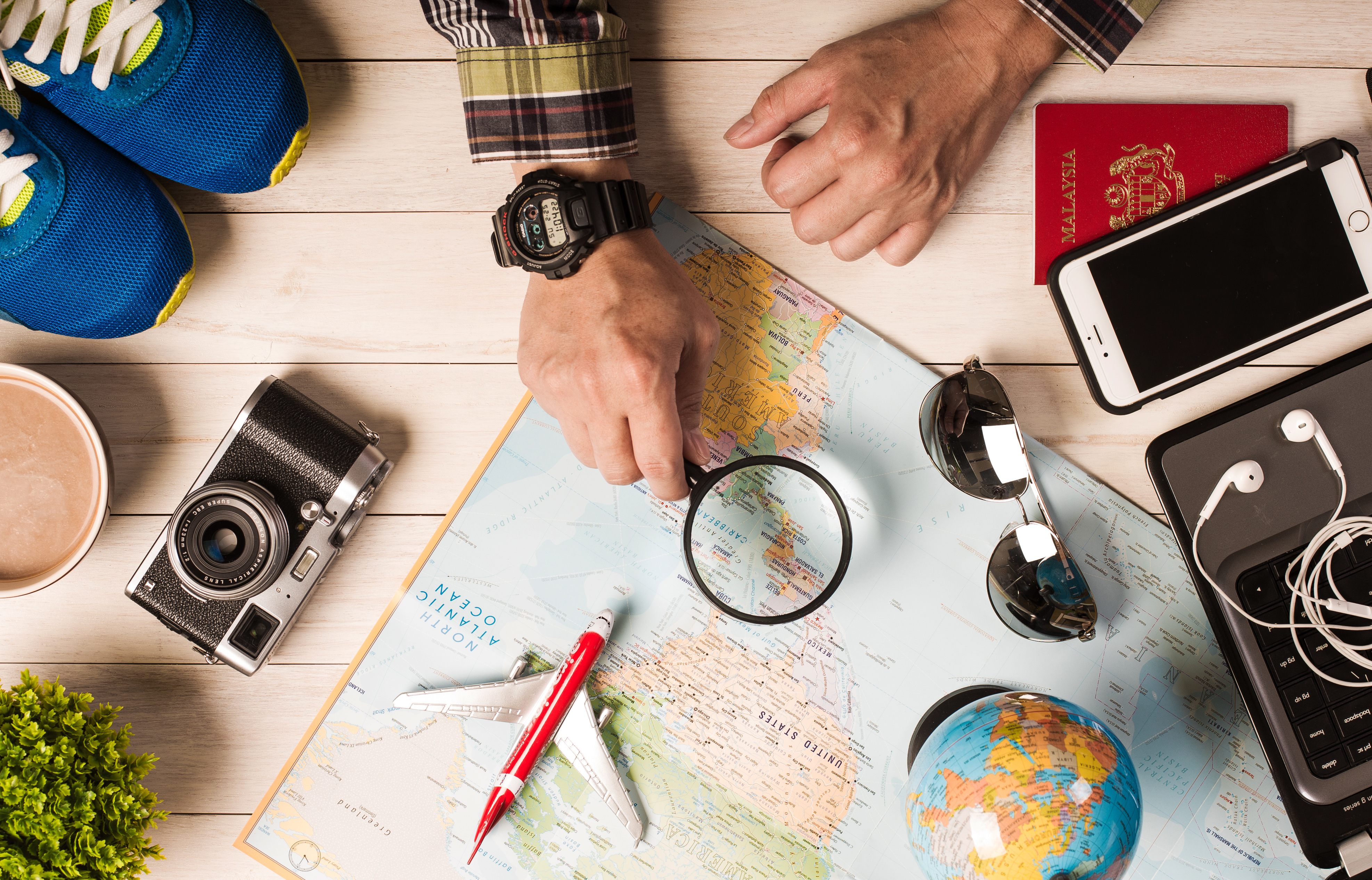Tourism Trends Post-Pandemic: What Travelers Want in 2023 and Beyond

The travel and tourism industry has seen a dramatic change as the globe comes out of the pandemic's shadow. As a result of the lessons learnt during these extraordinary times, travelers today have different priorities, preferences, and expectations. Businesses and venues hoping to draw in a new generation of tourists must comprehend these tendencies in 2023 and beyond. Here's a closer look at the travel trends that will influence travel in the future.
Health and Safety First
The increased emphasis on health and safety is among the biggest shifts in visitors' perspectives. People are more conscious of their surroundings now that the epidemic has struck, and when they travel again, they give preference to places that exhibit a dedication to hygiene and safety measures. This covers anything from routine public space cleanup to contactless hotel check-ins. Nowadays, before booking a trip, tourists are more likely to look into the health precautions of a place. To reassure prospective tourists, tourism organizations must so properly explain their safety procedures.
Experience Over Materialism
Experiences are becoming more important to post-pandemic visitors than material belongings. Many people have reassessed their priorities as a result of the pandemic, moving away from conventional pleasures and toward meaningful, engaging experiences. Travelers are looking for genuine encounters with local cultures, whether that be through an eco-tour, gastronomic exploration, or cultural immersion. In order to create connections that go beyond the surface, this trend pushes travel service providers to create experiences that speak to people personally.
Nature and Outdoor Adventures
Many people gained a renewed appreciation for nature and the great outdoors while being confined to their homes during lockdowns. Outdoor tourism is on the rise due to people's demand for open spaces, fresh air, and scenic views. Travelers who want to get away from their devices and get back in touch with nature are increasingly choosing national parks, hiking routes, and rural retreats. Travel destinations that encourage outdoor pursuits like hiking, cycling, and animal observation are anticipated to draw an increasing number of environmentally concerned tourists.
Sustainable Travel
In the post-pandemic age, sustainability has become a major factor for many tourists. More responsible tourism practices are being demanded as a result of rising awareness of the negative effects that travel has on the environment. Eco-friendly lodging, environmentally friendly modes of transportation, and experiences that benefit the community are what tourists are looking for. In addition to drawing eco-aware tourists, companies that put sustainability at the forefront of their operations and marketing will also benefit the places they serve.
Digital Nomadism and Remote Work
People's attitudes toward travel have changed as a result of the growth of remote work. Many are choosing to spend more time in places that excite them because they can work from anyplace. The digital nomad lifestyle, in which people effortlessly combine work and travel, is a result of this development. This group is well-served by locations that provide co-working facilities, dependable internet, and a lively environment. The idea of a "workation" is also becoming more popular as tourists try to strike a balance between work and play.
Personalization and Tailored Experiences
More and more tourists are searching for experiences that are tailored to their own interests and preferences. Customized itineraries that offer flexibility and personal preference are replacing the generic travel packages of the past. Travel agencies can now collect information on their clients thanks to technological advancements, which enables them to give specialized services and recommendations. The capacity to accommodate specific visitor needs, from customized itineraries to custom trips, will be a key differentiation in the cutthroat travel industry.
Local and Authentic Travel
Following the pandemic, tourists are becoming more eager to visit nearby locations and partake in genuine experiences. As individuals look for hidden treasures in their own backyards, the idea of "staycations" has grown in popularity. Additionally, tourists who prefer experiences that highlight local customs and culture are more likely to support small businesses and craftspeople. This new traveler mindset will appeal to travel agencies that emphasize regional products and encourage community involvement.
Conclusion
The pandemic's combined experiences have affected the tourism industry's ongoing evolution. Businesses hoping to prosper in this new climate must comprehend the changing preferences of visitors as we enter 2023 and beyond. Tourism operators may successfully satisfy the demands of the contemporary tourist by putting health and safety first, embracing sustainability, and providing individualized and genuine experiences. The future of travel is bright, with prospects for expansion and innovation looming as the sector adjusts to these shifts.



